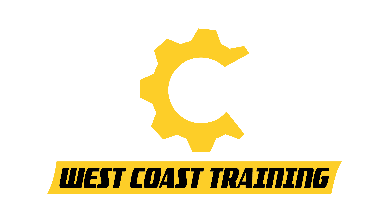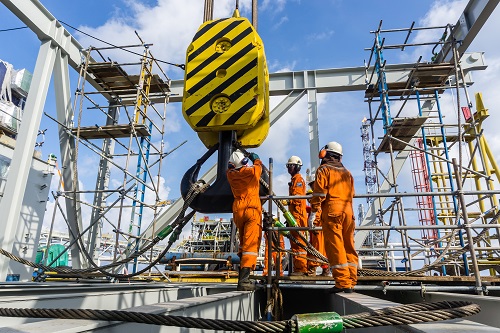
Five Reasons You Should Learn to Operate a Crane

The construction industry is a great option if you’re considering a different path and exploring a whole new field of work. It offers many opportunities for acquiring a wide range of skills, which can then be put to good use in an industry that’s seeing a lot of growth while also experiencing a labor shortage as the older segment of the working population begins to retire.
With the proper training through an accredited and respected institution, you can learn to operate a crane or other heavy equipment and be job-ready within weeks. In fact, crane operator training is a great way to embark on a new and exciting career path. Here are just some of the reasons why you should consider it today:
1. Construction is a Growing Industry
With many baby boomer-era employees currently retiring or on track to retire in the next few years, demand for skilled workers in the construction trade is on the rise. In fact, there’s considered to be a shortage of workers in the field, which means that individuals with the right training are a valuable asset to construction companies.
If you want to set yourself up for job security over the long term, it’s worthwhile to consider whether or not this is an area you should pursue. With the proper training and certifications, construction jobs can open the door to a successful and satisfying career, with many opportunities for continuous learning and professional growth.
There will always be a need for new buildings and structures, especially with the increasing importance of updated safety standards that take into account natural disasters and other potential risks.
2. Cranes are in High Demand on Construction Sites
On a construction site, crane operators are some of the most important employees. As a certified crane operator, you can expect to get some of the best and most sought-after assignments. You’ll have the ability to control cranes or draglines to move, lift, position, and place machinery, equipment, and other large objects at construction or industrial sites, ports, railway yards, surface mines, and other similar locations.
In other words, there are many valuable and important skills you can bring to the table as a crane operator, and construction companies will recognize that, especially if you learn to operate a crane through a reputable and respected school.
3. Good Pay for Rewarding Work
Due to the high demand for new construction and the lack of skilled workers, salaries for jobs such as heavy equipment operators are now competitive. Crane operators are paid well, with high predicted growth for this particular line of work.
Once you’ve got your foot in the door, the opportunities for advancement are also significant. In 2017, the Bureau of Labor Statistics listed the average annual crane operator salary at $55,690, with experienced crane operators making as much as $84,290.
As you work your way up in the industry, you’ll be stimulated and challenged in new ways, using both your mind and your hands to get the job done. As a newer operator entering the field, you’ll learn from veterans who know their stuff after years of working hard, observing and learning along the way. Eventually, you may find yourself in their shoes, with a comfortable lifestyle and the opportunity to mentor newer incoming workers.
4. You Can Build a Lifelong Career with Meaning
As a crane operator working within a busy construction industry, you’ll get to build the structures and infrastructure that people depend on. How many professionals in other industries can point at a brand-new school or hospital in their community and say, “I helped build that”? Whether you’re helping build a road, residential homes, a sewage system, or a community center, the things you build matter to the people where you live.
At the end of each workday, you’ll be able to see the progress you and your team have made. Day by day, that progress turns into a completed project, which is one of the most rewarding parts of a construction job.
5. Receiving the Proper Training is Key to Success
If you’ve decided that your goal is to start your construction career as a crane operator, receiving official training through a school on how to properly operate a crane is the best way, especially as new regulatory standards increasingly make certification for crane operators mandatory.
This is a no-brainer as it ensures the presence of well-qualified workers in the industry and reduces the possibility of accidents on-site.
The right kind of training will prepare you with the necessary skills. These include, but are not limited to:
- The ability to estimate load weight
- How to properly select rigging and sling protection
- How to perform a pre-use inspection of the crane or hoist
- How to perform a pre-use inspection of the rigging gear
- The function of all the controls, especially the e-stop
- And many more
Finding a crane school or training program is the most important first step to embarking on the path to success. Once you’ve got the skills and the connections made through your educational experience, you will find a job.
If you’re good with your hands, have strong depth perception, communicate well with others, and enjoy working outside, why not consider becoming a crane operator? You might be surprised at the rewarding career that awaits you.
